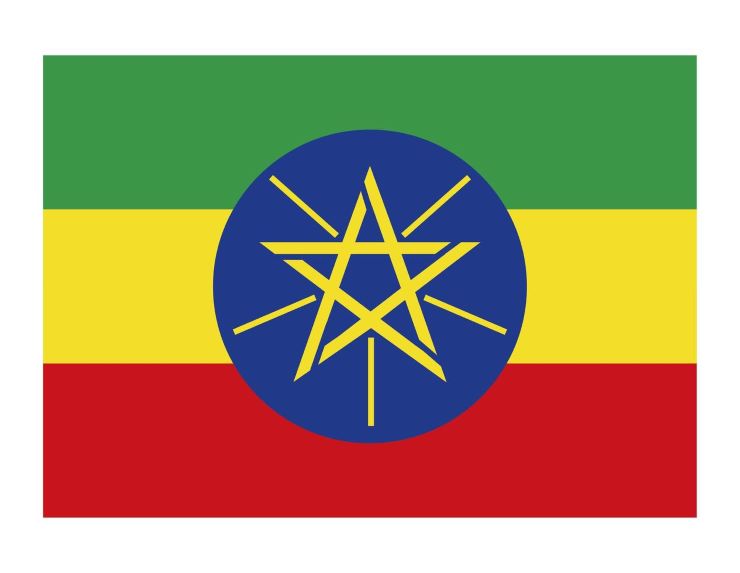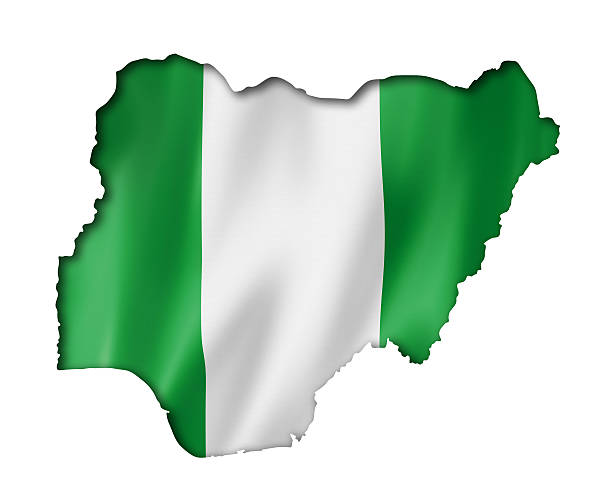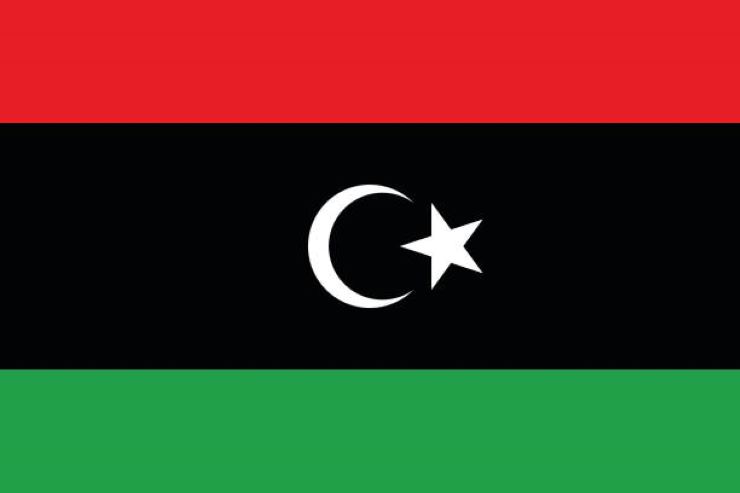Africa, a continent renowned for its rich history and diverse cultures, holds within its borders a treasure trove of ancient civilizations that have flourished for thousands of years.
In this article, we take an exciting journey to explore the 10 oldest countries in Africa.
By delving into the histories of these 10 countries, we will discover remarkable archaeological wonders and gain insight into the enduring traditions that have survived throughout the ages.
Ready to be captivated as we travel through the ancient lands of Africa? Well, here you go in no particular order.
- Ethiopia
- Egypt
- Liberia
- Morocco
- Sudan
- South Africa
- Ghana
- Nigeria
- Libya
- Tunisia
1. Ethiopia
Ethiopia, also known historically as Abyssinia, stands as one of the oldest countries in Africa.
It holds a significant place in African history, symbolizing the fight for African independence during the era of colonization.

With origins dating back to 1270, Ethiopia’s modern-day existence can be traced to the leadership of Emperor Menelik II.
His efforts to secure the country’s independence led to the famous Battle of Adwa in 1896, where Ethiopian forces successfully repelled the Italian invasion.
Ethiopia boasts a rich and ancient heritage spanning over 3,000 years. It was among the earliest African nations to embrace Christianity, evident in its ancient churches and monasteries that rank among the world’s oldest.
The country’s cultural traditions also include a vibrant oral literature, handed down through generations, preserving its rich folklore and storytelling.
At the heart of Ethiopia’s historical narrative lies the Kebra Nagast, meaning “The Glory of Kings” in the Amharic language.
This medieval text recounts the legendary tale of the biblical Queen of Sheba’s journey to Ethiopia, where she met King Solomon.
Additionally, the Kebra Nagast traces the lineage of Ethiopian kings, tracing their ancestry back to the biblical figure of King David.
Ethiopia’s enduring history, intertwined with religion, folklore, and ancient traditions, serves as a testament to its deep-rooted cultural identity and the indomitable spirit of its people.
2. Egypt
Egypt, undoubtedly, also holds the title of being one of the oldest countries in Africa, both biblically and historically. Its existence and significance have been recognized since ancient times.

The roots of ancient Egypt can be traced back to approximately 3100 BC. Throughout history, Egypt has been renowned for its remarkable achievements, such as its symbol writing system, the majestic River Nile, breathtaking sculptures, vast deserts, abundant mineral deposits, iconic pyramids, and awe-inspiring historical structures.
In more recent times, modern Egypt’s historical journey can be marked from 1805 and notably through the Unilateral Declaration of Egyptian Independence issued by the British Government on February 28, 1922.
This declaration marked Egypt’s attainment of independence, transforming it into an independent sovereign state and one of the oldest African countries to achieve such independence.
Egypt holds an esteemed position as the oldest country in Africa, boasting a history that spans over 5,000 years.
Its ancient civilization flourished with advanced systems of writing, art, and architecture that were at the forefront of their time.
The Great Pyramids of Giza, the enigmatic Sphinx, and the magnificent temples of Luxor and Karnak are just a glimpse into Egypt’s cultural heritage, representing the magnificence of its ancient past.
The ancient Egyptians developed a writing system known as hieroglyphics, initially taking the form of pictorial representations.
Hieroglyphics were used to document significant events, including religious ceremonies, battles, and the lives of pharaohs.
These intricate symbols were often carved into stone or written on papyrus, a type of paper made from reeds found along the banks of the Nile River.
3. Liberia
Liberia holds the distinction of being Africa’s oldest republic. Its origins can be traced back to 1822 when a group of Americans established the American Colonization Society.

This society aimed to address the issue of the growing population of free blacks in America by resettling them in Africa.
As a result, the land that is now known as Liberia was acquired by the American Colonization Society, which was founded in 1821.
In 1824, the capital of Liberia was renamed Monrovia in honor of James Monroe, the President of the United States at the time and a supporter of the American Colonization Society.
Liberia took a significant step towards independence in 1847 when it declared independence from the American Colonization Society.
On July 26, 1847, the Liberian Declaration of Independence was adopted and signed, marking the country’s emergence as one of the earliest independent nations in Africa.
Liberia’s establishment as a republic by freed black Americans seeking a new home in Africa showcases its historical significance.
The country’s journey to independence reflects the aspirations and determination of its people to forge their own destiny.
4. Morocco
Morocco, much like Egypt, possesses a rich and extensive history that dates back to around 1,000 BC.

Its roots precede the introduction of Islam by the Arabs in the 7th century and the later colonization by France and Spain in the 20th century.
In the course of history, Morocco experienced a period of French control until an agreement was reached to grant Morocco its independence in 1955.
On March 2, 1956, Morocco officially achieved its independence, marking a significant milestone in its history.
5. Sudan
Sudan, with a history dating back to 2,500 – 1,400 BC, stands as one of the oldest countries in Africa, closely paralleling the antiquity of Egypt.

The long-standing roots of Sudan contribute to its historical significance in the continent.
Previously known as the Anglo-Egyptian Sudan, Sudan was under Egyptian rule and colonization from 1874 until 1955.
During this period, Egypt had control over Sudan as its subject, with the British occupying Egypt in 1882 and subsequently assuming authority over Sudan.
Sudan’s ancient heritage and the influence of external powers have shaped its trajectory over time.
6. South Africa
South Africa is renowned for its cultural diversity, stunning architectural landmarks, and breathtaking natural beauty. However, in terms of longevity, South Africa’s history can be traced back to 1652.

During that year, the Dutch established a colonial presence in the region. However, British forces subsequently reoccupied the land from the Dutch in 1806. South Africa underwent various transformations under British rule.
Finally, in 1931, South Africa achieved independence from British governance. The country transitioned into a fully sovereign state in 1934 through the enactment of the Status of Union Act.
South Africa’s captivating blend of cultures, captivating structures, and remarkable landscapes contribute to its allure.
While its history may not span millennia like some other African nations, South Africa’s journey is marked by significant milestones and a diverse heritage that continues to shape its vibrant identity.
7. Ghana
Ghana, formerly known as the Gold Coast, holds a prominent position among the top 10 African countries to achieve independence.

Its historical roots can be traced back to a nomadic migration from Nubia to the Gold Coast, spanning the 10th to 16th centuries AD. This makes Ghana undeniably one of the oldest nations in Africa.
The journey of Ghana’s history encompasses ancient migrations, cultural exchanges, and the formation of a distinct society.
The region’s association with gold trading and its significance in the trans-Saharan trade route contributed to the growth and development of early Ghanaian civilizations.
Over time, Ghana’s historical trajectory witnessed the influence of external powers, colonialism, and the struggle for self-determination.
The culmination of these events led to Ghana’s well-deserved independence, marking a significant milestone in the country’s history.
8. Nigeria
Nigeria, renowned as the giant of Africa due to its vast population, also holds a place among the oldest countries in the region.

Nigeria’s historical roots can be traced back to around 1,100 BC when ancient African civilizations settled in the region that encompasses present-day states like Kano, Oyo, and Benin.
Over time, Nigeria evolved into a significant trade hub, particularly in the transatlantic slave trade era.
The arrival of the British in 1861 marked a turning point as they explored the country and eventually established Nigeria as a British colony in 1914.
Nigeria’s journey towards independence culminated in 1960 when it achieved long-awaited freedom from British rule. In 1963, the country further solidified its status by becoming a republic.
9. Libya
Let’s take a look at Libya, the final country on our list. The name “Libya” originates from the Egyptian term “Libus,” which refers to one of the Berber tribes residing west of the Nile.

Libya’s journey began as a semi-independent nation in 1711. However, it later came under Italian colonial rule in 1912, until it finally gained independence in 1952.
Throughout its history, Libya has experienced periods of autonomy and foreign control, shaping its cultural heritage and national identity.
The diverse influences from ancient civilizations, Arab tribes, and colonial powers have left their mark on the country’s development.
10. Tunisia
Tunisia, a North African country, holds a significant place in the history of the African continent.
It stands out as one of the earliest countries in Africa, with roots dating back to ancient times.
Tunisia’s historical significance can be traced back to the period of Roman exploration in Africa, around 246-146 BCE.
As the Romans ventured into the continent and named it Africa, they established Tunisia as one of their earliest African colonies, bestowing it with its name.
In the year 1230, the Arab forces unified North Africa, including Tunisia, under their rule. This marked a significant turning point in the region’s history, as Arab influences shaped the cultural, linguistic, and societal aspects of Tunisia.
Later, in 1881, Tunisia became a French protectorate through a treaty. The country remained under French colonial rule until it finally gained independence on March 20, 1956.
Also read: The Top 20 Most Famous Tribes in Africa
Tunisia’s historical journey encompasses ancient Roman heritage, Arab influences, and a period of French colonization.
Conclusion
These oldest countries in Africa boast remarkable archaeological sites and resilient traditions that have endured over time, showcasing the continent’s rich heritage and contributions to human civilization.
Source
https://bscholarly.com/oldest-countries-in-africa/

